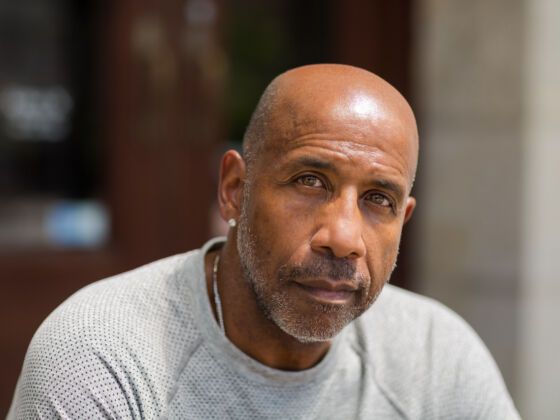1. The only country that incarcerates a higher percentage of its population than the U.S. is North Korea.
The International Centre for Prison Studies estimates that we have more than 2.2 million people behind bars, or around 716 people per 100,000 citizens, which is far higher than Russia, China, and Iran. To put this in even more perspective, the number per 100,000 citizens in European countries: 78 in Germany, 103 in France, and 99 in Italy. Even worse, 60% of U.S. prisoners are non-violent offenders. The numbers demonstrate how the United States contributes a completely disproportional amount of prisoners to the global environment: we are responsible for around 22% of the total amount of inmates in the world, even though we only account for 4.4% of the world population.
